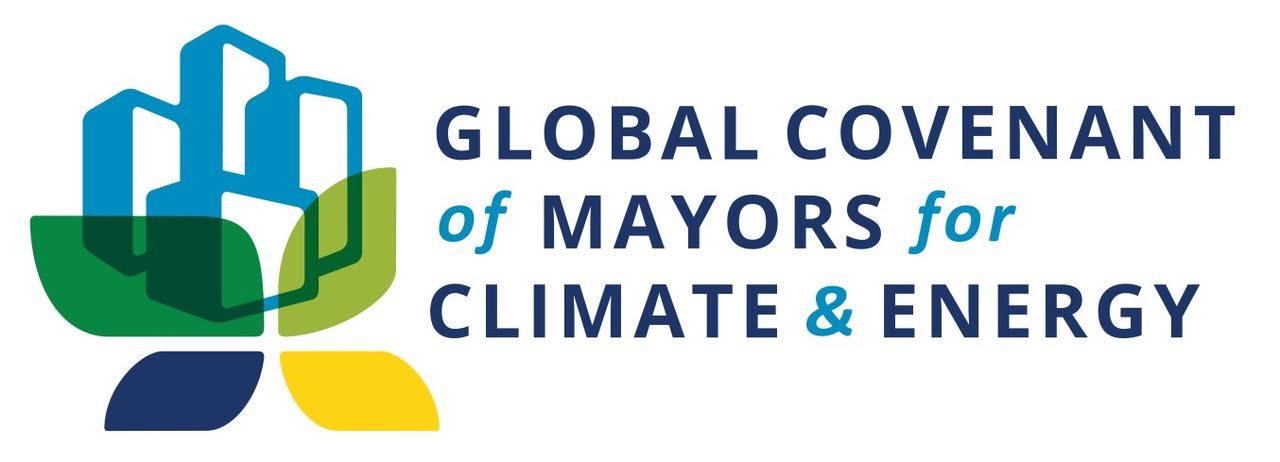- Home
- Reporting entities
- Municipality of Lisbon
Municipality of Lisbon
Portugal Mayor: Carlos Moedas-
Population 2666000

-
Area 958.0km 2
-
GDP N/AN/A
-
Targets by N/A N/Aemission
Targets by Municipality of Lisbon
There are no targets yet
- Start year: 2012
- Type: Technical/Infrastructure investment
- Status: In operation
Mobi-e is the Portuguese consortium for electric mobility.
As a partner, the Lisbon Municipality has acceded to the
project and is now the largest such urban network. Lisbon
Municipality has made a major effort to install charging stations
and has made working investments in public space
compatibility with existing infrastructures. 514 charging stations
are now installed and the second phase of the project
is underway.
Participating organizations: Lisboa-e-Nova Local Energy and
Environmental Agency, Mobi-e (the National Electric Mobility
Network)

- Start year: 2012
- Type: Fiscal / Financial mechanism
- Status: In operation
Lisbon Municipality has worked toward implementing its
cycle network. Once all but extinct as a means of transport,
the bicycle is now a visible player for daily commutes, and
has led to 40 km of bike paths; however, city declivities require
bridges to overcome certain obstacles. The Belavista
cycle bridge crosses a large valley and contributes to the
general goal of raising overall cycle journey numbers.
Participating organizations: Better World-Comunicação, Publicidade
E Entretenimento, S.A
- Transport

- Start year: 2012
- Type: Technical/Infrastructure investment
- Status: In operation
The Lisbon Municipality is replacing vehicles dedicated to
standard working trips, as part of a two-segment project.
One segment reduced vehicle numbers
by 51% over 2009 to a total of
just 381 cars. Another segment acquired
54 electric vehicles via a fiveyear
rental arrangement. Financial investment
must be analyzed in light of
electric car-related fuel cost savings.
Reduced car numbers save money
and result in significant CO2 emission
reductions.
Participating organizations: Lisboa-e-
Nova Local Energy and Environmental
Agency
- Transport

- Start year:
- Type: Technical/Infrastructure investment
- Status:
Investment: US$ 254,134 annually, resulting from a
$2,105,683 investment in service costs and $1,852,142 of
direct and indirect benefits.
Lisbon is reducing its waste production due to an innovative
approach to waste management—door-to-door recycling
processes—which replace urban waste islands and
identify specific days for each material. By 2012, 34% of
the city was already in compliance with the door-to-door
project and waste production was reduced more than 40%
from 1999 levels. The city’s still growing recycling rate has
reached nearly 22%.
- Waste

- Start year: 2012
- Type: Policy/Strategies/Action Plans
- Status: In operation
With two new agricultural parks implemented in 2011 and
seven more under construction in 2012, Lisbon seeks to
achieve a ten urban park network in 2013. Under the aegis
of the “Lisbon Green Plan,” the agricultural plan serves
more than 650 families and all areas will be integrated into
expanded parks or greenways. Specific regulations have
been approved to regulate land access and new farmers are
learning biological skills focused on more modern and organized
agricultural parks.

- Start year: 2012
- Type: Policy/Strategies/Action Plans
- Status: In operation
Lisbon is reducing the environmental effect of public space
irrigation. Central Park “Eduardo VII” and its new irrigation
system will reduce yearly water consumption from 840,000
m3 to just 300,000 m3 at the same time maintenance intensity
is reduced with resultant CO2 emissions reductions.
Biodiverse Mediterranean pasture development as an alternative
to lawns, requiring no irrigation and featuring high
capacity CO2 capture, is another implemented measure. Recycled
water has been used to wash streets as well.
Participating organizations: Lisboa-e-Nova Local Energy and
Environmental Agency

Mayor Carlos MoedasMunicipality of Lisbon, Portugal



